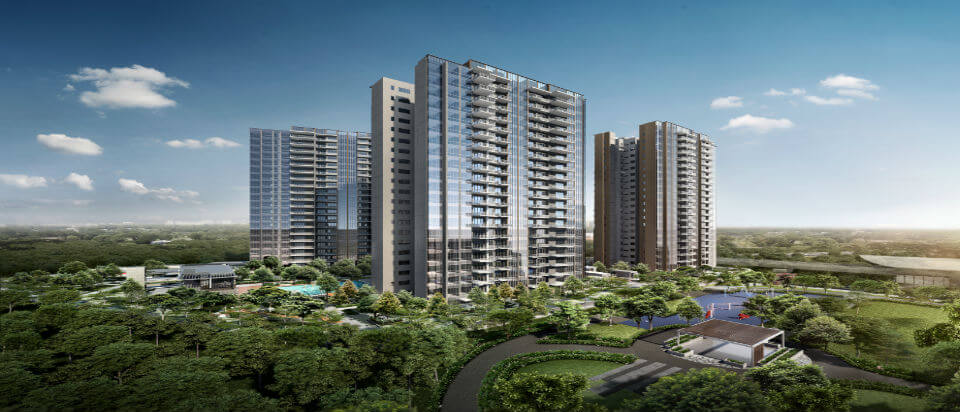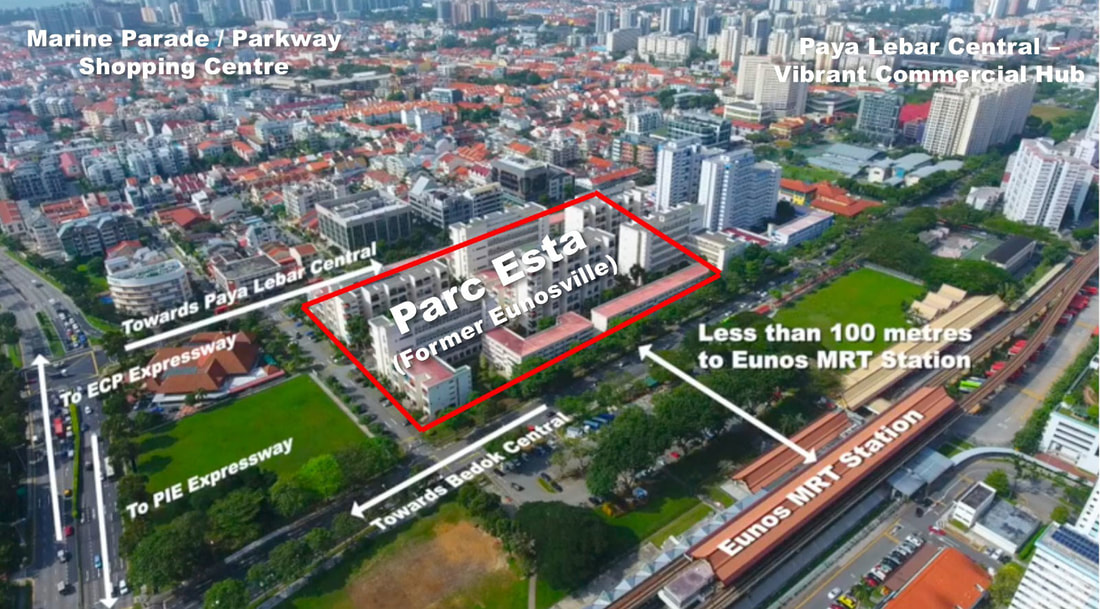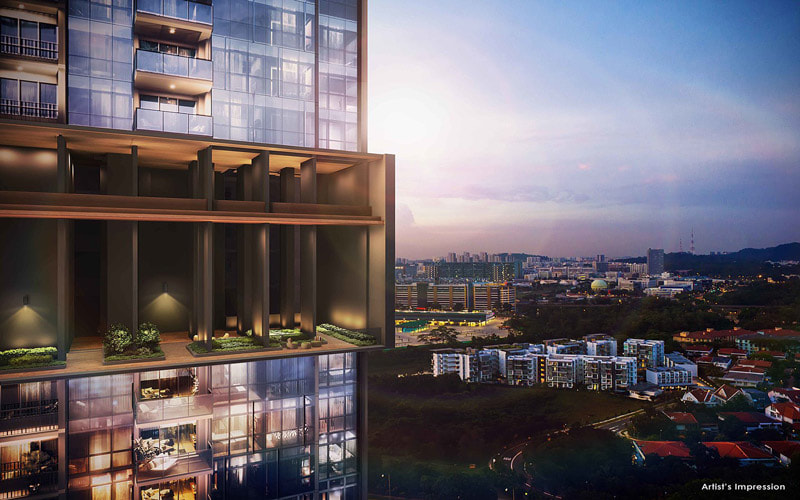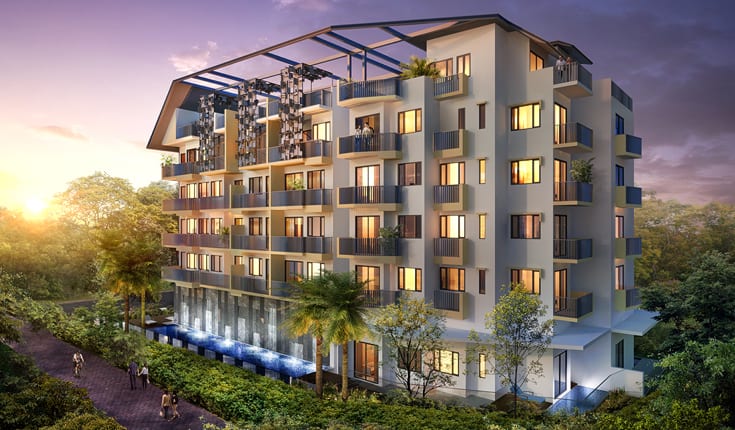Singapore has retained its No 2 spot on the latest World Bank rankings for ease of doing business,
coming after New Zealand for the third straight year. In the ranking of 190 economies, Singapore was one of three Asian economies in the top 10, with Hong Kong in fourth place and South Korea in fifth. Denmark ranked third, with Georgia, Norway, the United States, the United Kingdom and Macedonia rounding out the top 10.
Singapore's score of 85.24 was up marginally from 84.97 in the previous year. In its Doing Business 2019: Training for Reform report, the World Bank noted two reforms which improved Singapore's performance: abolishing corporate seals, which made it easier to start a business, and introducing a consolidated law on voluntary mediation, making it easier to enforce contracts. Those were also the two indicators on which Singapore ranked highest: third overall for starting a business, and top for enforcing contracts.
Singapore may need to review 2019 growth forecasts
Singapore may need to review its economic growth projections for next year as a trade spat between the world's two biggest economies increases uncertainty and crimps business investment, said Finance Minister Heng Swee Keat. "In the short run, the impact is not fully felt yet", with Singapore retaining its growth forecast for this year at 2.5 per cent to 3.5 per cent, Mr Heng said in an interview with Bloomberg Television. "But any trade tension that sets back globalisation will affect everyone, including the countries that are directly involved, but also collateral damage right across all economies." Singapore, an international trading hub that benefits from trade flows and the movement of goods between the region's manufacturing centres, the US and Europe, has already seen exports ease this year.
Fitch cuts loan growth forecasts for Singapore banks Banks will struggle to lift lending in the months ahead, given the combination of worsening global conditions due to trade tensions, higher interest rates and strict property curbs, according to Fitch Solutions. The research and consultancy firm has cut its loan growth forecasts from 5 per cent to 4 per cent for this year, and down from 4.5 per cent to 3 per cent for next year. Fitch noted that loan growth for the local banks softened to 4.5 per cent year on year in September, the lowest level since February. Since property cooling measures were introduced in July, "the growth of housing and bridging loans trended lower to 3.5 per cent year on year in September from a high of 4.8 per cent year on year in May, and a further slowdown is likely, as seen from previous episodes when property curbs were tightened", the report said. Overall mortgage growth appears set to weaken despite demand from first-home buyers and those with collective sale proceeds to spend.
Goods imported into Singapore take slightly over 30 hours to clear the border compliance process. This might sound like a long time, but it is almost a third of the time that goods imported into Indonesia might take. Indeed, Singapore is the quickest when it comes to export and import times, compared with neighbours such as Malaysia, Indonesia, the Philippines, Vietnam and Thailand. Among these six countries, the Republic also has the highest percentage of the population making digital payments, with 84 per cent having made digital payments in the past year. It also has nearly half of the population owning credit cards, ahead of the other South-east Asian countries surveyed. When it comes to infrastructure, Singapore has the lowest risk scores based on the EIU's Risk Briefing for port facilities, air transport facilities, retail and distribution network and road network. The infrastructure risk scores measure infrastructure deficiencies that will cause a loss of income or prove lacking in meeting business needs.
Fintech gives fillip to jobs and funding in Singapore financial sector
Singapore’s move to develop the fintech sector came at a critical juncture, a time of weakness in traditional job creation in the financial industry, and just as the Monetary Authority of Singapore (MAS) was intent on spurring enterprise financing for growth companies, MAS' managing director Ravi Menon has said. Some 2,000 jobs have been created in the fintech sector over the last two years, feeding into a net increase of 7,800 jobs in financial services and fintech - close to the financial services' Industry Transformation Map (ITM) target of 8,000 jobs. MAS now expects job growth in financial services to exceed the ITM target this year. Being able to hit the fresh ITM targets was a pleasant surprise, said Mr Menon, who noted that the main drivers came from jobs related to digital technology and associated areas such as cyber security.
Buyers snapped up a good number of the units released for three private residential developments - Arena Residences, Belgravia Green and Whistler Grand - over the weekend of 3rd to 4th October. City Developments Limited (CDL) sold about 160 units out of 240 units released for the Whistler Grand condominium on the 4th Oct 2018.
Some 91 per cent of the buyers are Singaporeans, with foreigners and Singapore permanent residents (PRs) making up the remaining 9 per cent. Of the Singaporeans and PRs, 71 per cent are first-time home buyers. Another real estate developer, Roxy Pacific, also kicked off a soft launch of its freehold development, the 98-unit Arena Residences on Friday. At the end of Saturday, 40 units were sold, out of 70 units released. The units were sold at prices averaging between $1,750 and $1,850 psf. Located in Guillemard Crescent, Arena Residences is developed by RH Guillemard, a subsidiary of Roxy Pacific. The third development, Belgravia Green, is a strata landed housing development off Ang Mo Kio developed by a unit of Tong Eng Group. Twenty-seven units of this 81-unit landed development were sold as at press time, Sunday. Tong Eng said it intends to open 49 units for sales during the first phase.
Kent Ridge Hill Residences, a residential project by Oxley Holdings in 50 South Buona Vista Road, has sold 116 units or over 46 percent of the 250 homes released for sale in just two days after it was launched on Saturday (10 Nov). According to an SGX filing on Monday (12 Nov), 80 percent of the units taken up consisted of one- and two-bedroom apartments. The remaining 20 percent were three-bedders, five-bedroom penthouses and strata landed homes. These were sold at an average price of $1,700 psf. Around 80 percent of the buyers are Singaporeans, while the rest are permanent residents (PRs) and foreigners.
Located near the 1,000ha Greater Southern Waterfront site and an eight-minute walk to Pasir Panjang MRT station, the 99-year leasehold Kent Ridge Hill Residences consists of 498 private condos and 50 strata landed houses. Aside from having good accessibility to public transport as well as educational hubs and business centres, the residential project comes with various facilities.
Demand for small flats edging up
Homebuyers' affinity for shoebox units and slightly larger offerings below 800 sq ft has been creeping up, according to a study on new sales and resales of small apartments between 2008 and 2018. The study centered on units below 500 sq ft or roughly the size of a one-bedder or shoebox unit, and those slightly larger, between 500 and 800 sq ft or roughly the size of a two-bedder. The study believes that such small homes will remain relevant, amid the latest government measures to increase the average unit size of private homes outside the central area to at least 85 sq m, from 70 sq m.
Such sales could even increase in upcoming launches as the supply is set to be reduced by the
latest measures. There has also been a spurt of shoebox units in the Outside Central Region (OCR). In 2008, 23 shoebox units or 8 per cent of all shoebox units sold were in the OCR; last year 557 OCR units
were sold, comprising 46 per cent of all shoebox units transacted. As for resale, caveat analysis found that volumes for shoebox units rose last year to a 10-year record of 670 units, compared to just 18 units in 2008.
Resale prices of HDB flats dipped 0.2 per cent in October 2018 from September, according to flash estimates. October's prices were down 14.3 per cent from their peak in April 2013, and also marked a 2.1 per cent drop from the same month last year. Three-room flats and five-room units saw a price increase of 0.8 per cent and 1.5 per cent respectively, while prices of four-roomers and executive flats fell 0.7 per cent and 2.2 per cent respectively. In mature estates, resale prices were up 0.4 per cent from September. But in non-mature estates, prices dropped 0.6 per cent. Meanwhile, the data showed that 1,994 HDB resale flats were sold in October, a 0.3 per cent dip from the 1,999 transacted units in September. However, transactions in October were 11.8 per cent higher than in the same month last year. A total of 1,783 resale flats were sold in October 2017. In October 2018, the overall transaction-over-x-value (TOX) was negative S$1,000. This figure is up S$100 from negative S$1,100 in September.







 RSS Feed
RSS Feed
